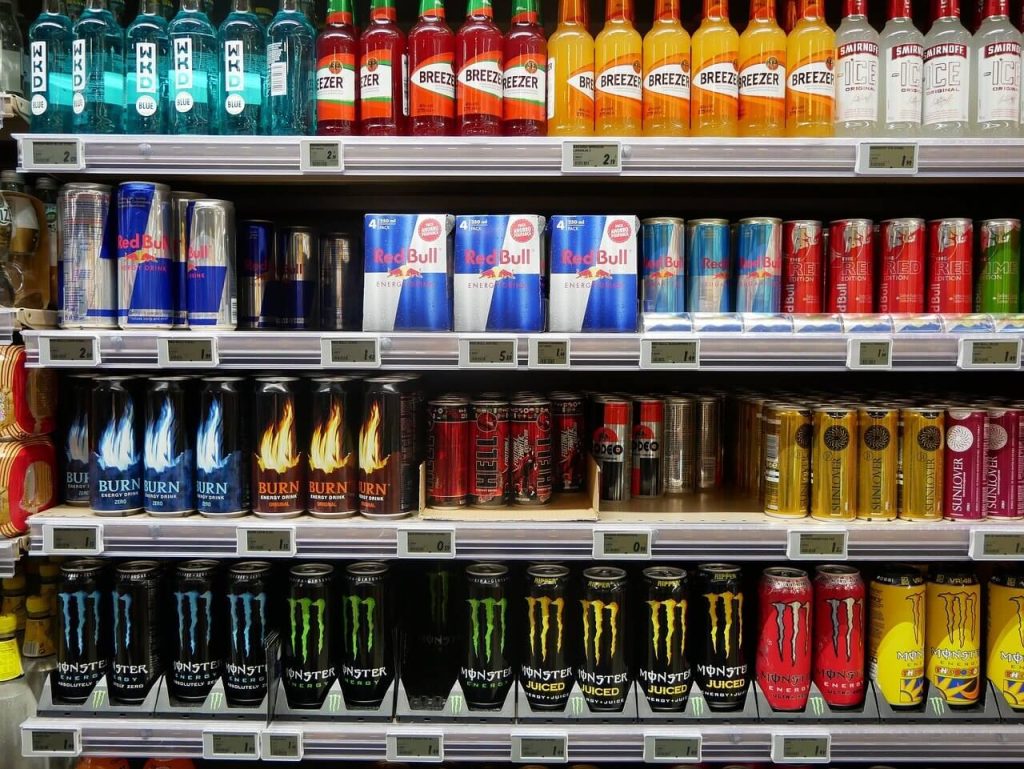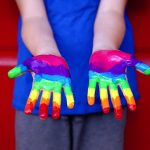MEP Borzan, who put forward a bill to ban the sale of energy drinks to children, told a press conference that this is an exceptionally important topic, however, the ideas and proposals by the opposition were ignored at the time.
“Had our proposal to ban the sale of energy drinks to children three years ago been adopted in the Sabor, perhaps this tragedy would not have occurred. I am nauseated to be here today as a mother and a doctor,” she said, expressing her condolences to the family of the deceased youth.
She added that this was the first case of death of a child connected to the consumption of an energy drink and warned that if nothing was done, it would not be the last. “There is a considerable number of cases like this one in the world. Consumption of energy drinks by children is problematic for more than one reason,” said Borzan.
By consuming energy drinks, children consume large quantities of sugar, which negatively impacts obesity statistics in Croatia. The second problem is the consumption of caffeine, taurine and other problematic and suspect substances while the third problem is that children’s taste changes with such extremely sweet beverages so all other food becomes insufficiently sweet for them, Borzan said. The fourth problem is that the consumption of energy drinks in combination with alcohol is becoming more and more popular among teenagers, she added.
High blood pressure, heart attack, arrhythmia, headache, nausea, vomiting, cramping, panic attacks, anxiety, stress, diabetes, addiction, allergies, insomnia, risky behaviour, are just some of the repercussions of excessive consumption of energy drinks, she explained.
She recalled that in 2018, the SDP had proposed a bill to ban the sale of energy drinks to children under the age of 18, which was rejected by the ruling majority, which initially said that the EU did not allow this, said Borzan.
That is not true as some Baltic countries have such a law in force while retail chains in some EU countries have imposed such a ban on their own, Borzan said.
The government then said that it would introduce an additional tax in an effort to deal with that problem, which it did, Borzan said, noting that a ban would be far more effective and just as it would refer only to children.
Citing data from the European Food Safety Authority, Borzan said that the situation in Croatia was concerning as 86% of 16-year-olds consume energy drinks and 47% of them combine them with alcohol.
Sixty percent of children under the age of 12 who regularly consume energy drinks said they did so because they liked the taste, Borzan said, noting that it was bizarre that 40% of them said they consumed them because they lacked energy.
In addition to a ban, it is important to educate the public so parents don’t buy these drinks for their children, she said.
Referring to an announcement by the government that it plans to establish an inquiry commission for this problem, Borzan said that this was a tardy response and warned that inquiry commissions had not resulted in positive changes in the past.
For more about health in Croatia, follow TCN’s dedicated page.











